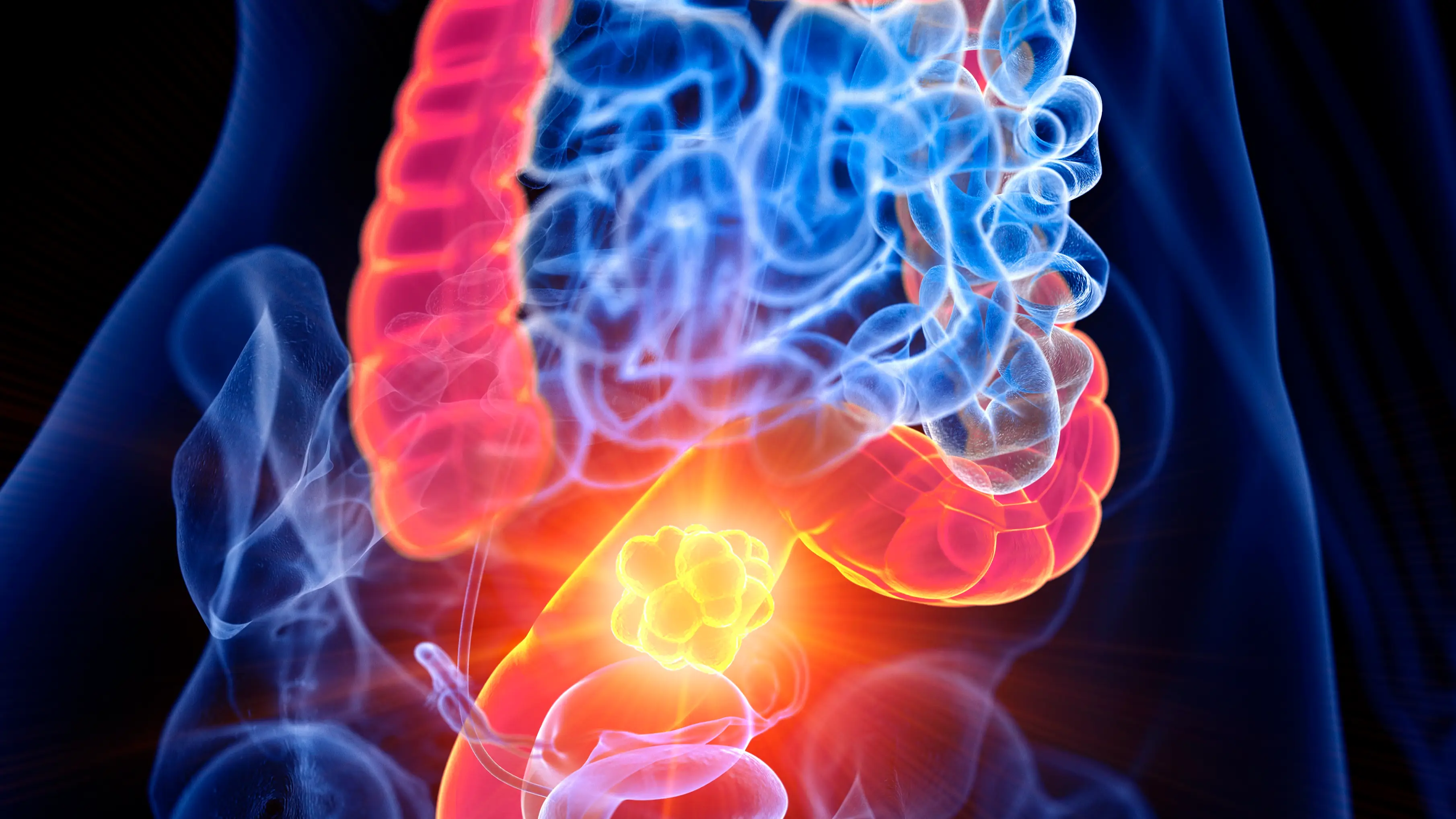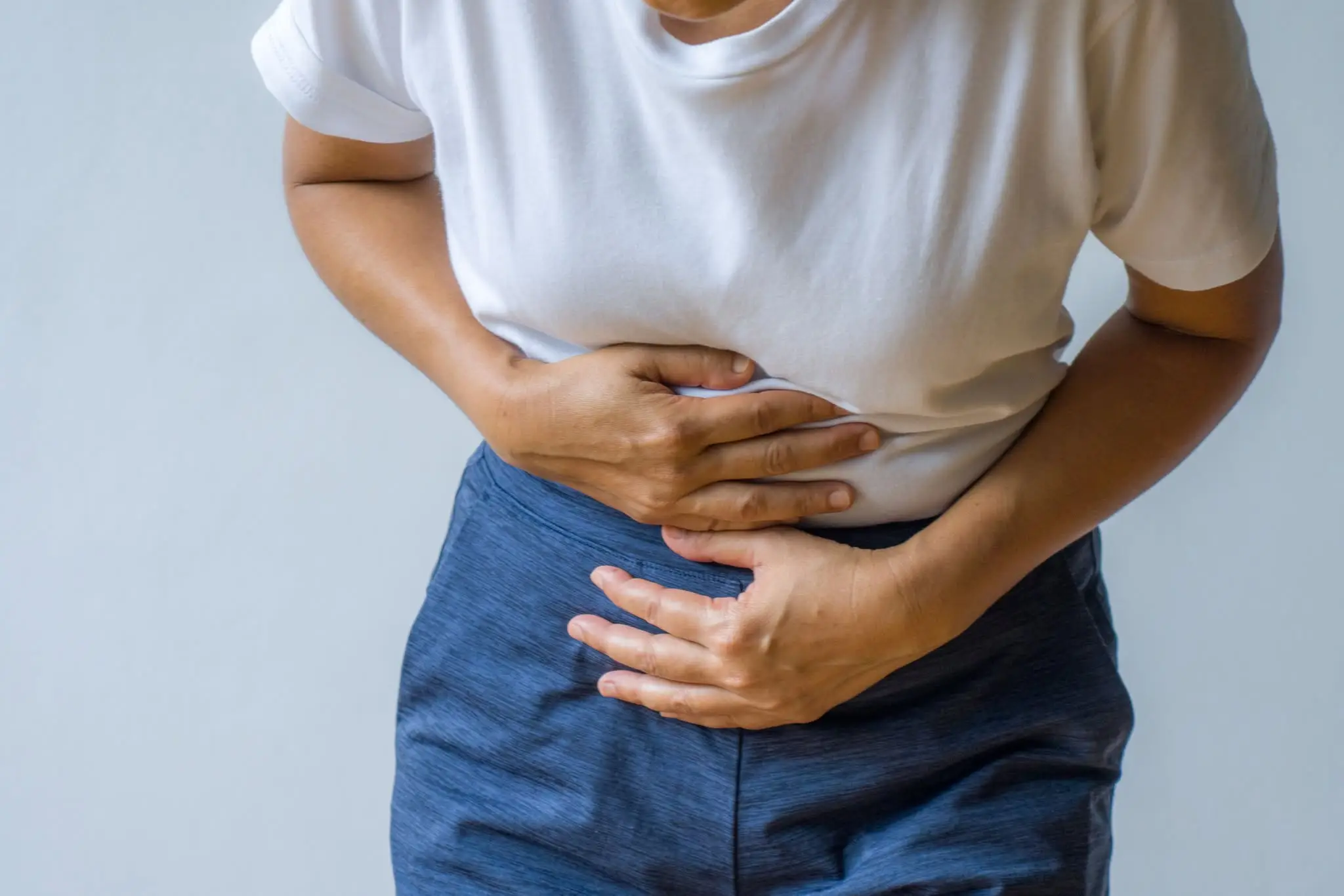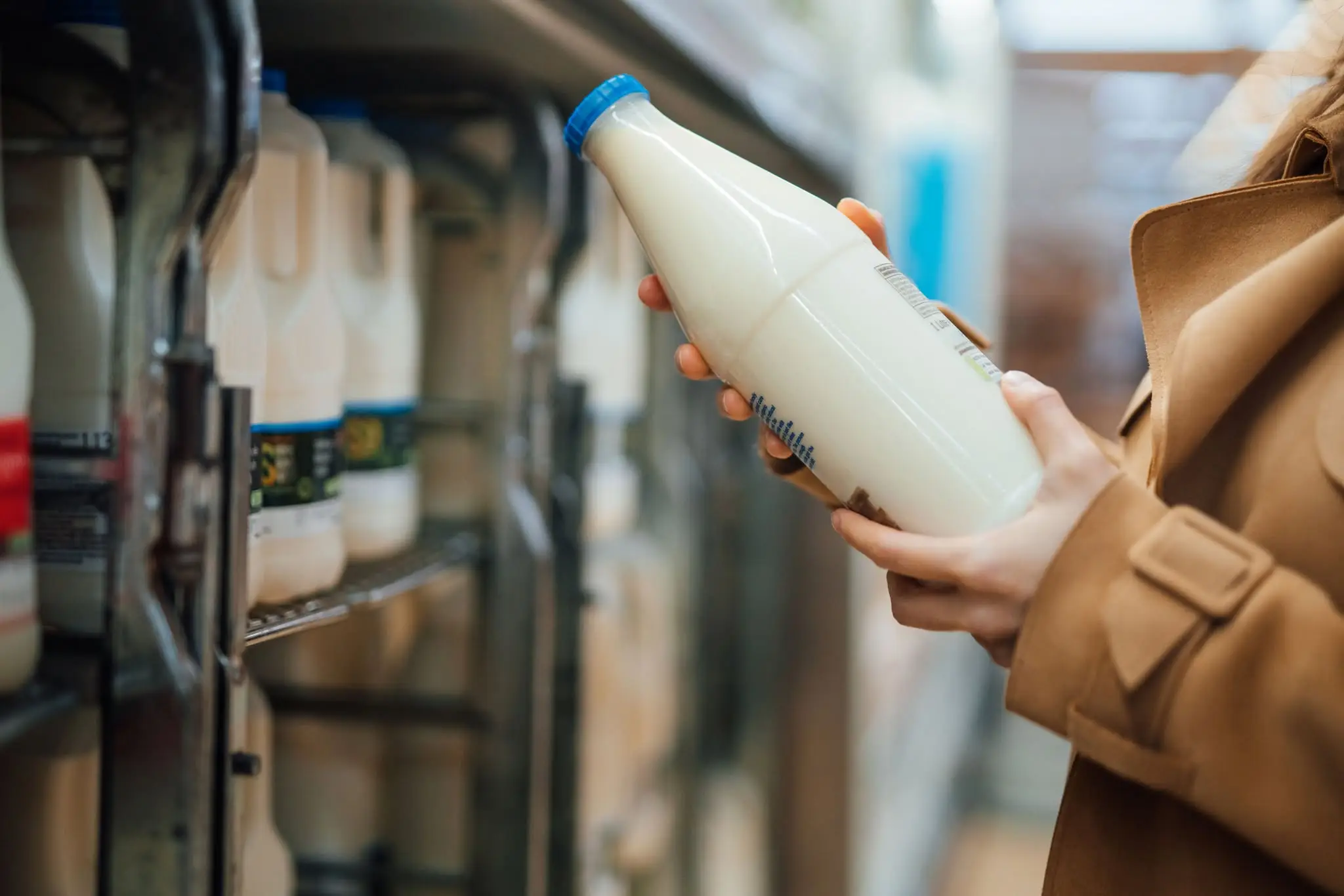
A new study has found the biggest risk for colon cancer for the under 35 group, and it’s very worrying.
Carried out by a team of international researchers in the Neoplasia journal, the study offers new insights into ‘very early-onset colorectal cancers’ in persons who are under the age of 35.
Unfortunately, it found three big risk factors, which can tell you whether a person is at risk for developing the cancer type, which has left doctors and researchers scrambling for answers as cases boom globally.

Advert
To find the biggest risks, the team first used data from the Global Burden of Disease.
This data found that cases of colon cancer in the under 35 group has almost doubled between 1990 and 2019, going from 21,874 cases to 41,545.
The figures also showed that men were disproportionately affected by the disease, with 25,432 cases in men being diagnosed with the cancer in 2019 compared to 16,113 women.
“It’s been pretty alarming to all of us,” Dr Coral Olazagasti, an assistant professor of clinical medical oncology at University of Miami Sylvester Comprehensive Cancer Center told The Post. “In the past, you would think cancer was a disease of the elderly population. But now we’ve been seeing trends in recent years of people getting diagnosed with cancer earlier and earlier.”
The rise in cases has been rumoured to be linked to things such as Ultra Processed Foods, which can trigger a wide range of negative health effects over time.
However, the three things that were most noted in those diagnosed when researchers looked into global deaths increasing as they analysed the time period between 11,445 cases and 15,486, were that low milk and calcium intakes, alcohol use, and obesity were ‘main contributors to deaths’.

The findings now indicate that a diet deficient in calcium is considered the highest risk factor to developing colon cancer, and it is linked to approximately one in five deaths in the under 35 age group.
Alcohol consumption is the second-largest risk factor, and obesity is the third.
A study from researchers at the University of Oxford previously came out to suggest that drinking the equivalent of a glass of milk every day could lower your risk of developing the cancer type by nearly a fifth.
The research, which was published in Nature Communications, looked at 97 different dietary factors and their effects on bowel cancer risk in around half a million women.
After analysing 17 years of data, it found that 12,251 participants were diagnosed with colon cancer, with calcium showing the greatest impact to reduce the risk, while alcohol exacerbated it.
The study found that adding 300 mg of calcium to your diet, lowered bowel cancer risk by 17 per cent.
Keren Papier, lead researcher of the study, told Cancer Research UK that calcium might protect the body against the cancer type by binding to bile acids and free fatty acids, which then goes on to create a sort of ‘soap’ that prevents them from wreaking havoc on the gut lining.
Topics: Health, Food and Drink, Science
